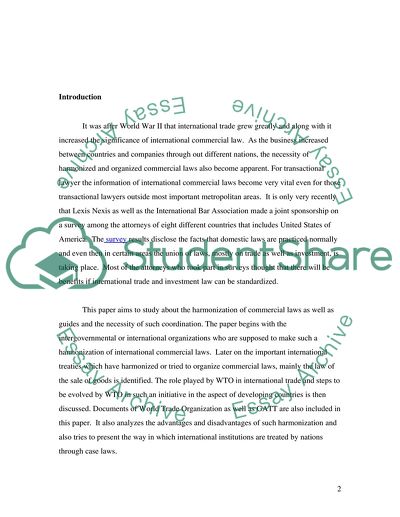Cite this document
(Status of International Commercial Law Term Paper, n.d.)
Status of International Commercial Law Term Paper. Retrieved from https://studentshare.org/law/1731680-international-commercial-law
Status of International Commercial Law Term Paper. Retrieved from https://studentshare.org/law/1731680-international-commercial-law
(Status of International Commercial Law Term Paper)
Status of International Commercial Law Term Paper. https://studentshare.org/law/1731680-international-commercial-law.
Status of International Commercial Law Term Paper. https://studentshare.org/law/1731680-international-commercial-law.
“Status of International Commercial Law Term Paper”, n.d. https://studentshare.org/law/1731680-international-commercial-law.


